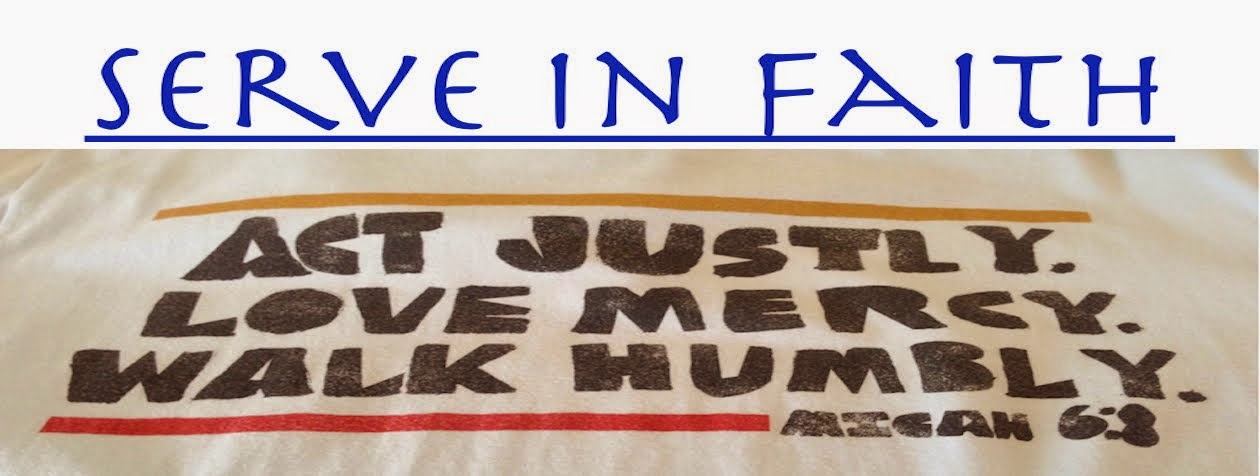 |
| Hockley County, Texas - Rick Wheeler |
www.umcom.org/learn/serving-without-being-suckered
You have to admit that you have felt compassion at some point for those street corner panhandlers, especially the women with their children. It is REALLY hard to pass by a child that might be hungry. But there are guidelines that will help you to protect yourself while letting them down easily, respecting their dignity, and hopefully guiding them toward helping themselves. People of faith know they should reach out but knowing how to effectively do that takes discussion and maybe a little research on your part. I will discuss this general topic in the next several posts.
First, do you ignore the sad stories and pleas for cash from those on the street? Yes. As the article referenced here (and the video linked in the site) it is best to say no, but in a respectful way. Sometimes simply being treated with respect can lead those living on the margins to begin moving in a direction that could improve their lives.
An excerpt from the article has advice from Rev. Beth Lindsey Templeton, a minister and nonprofit executive:
"*Find out the person's name to acknowledge his or her humanity
*If a person asks for food, give them food, not money. (More on this later)
*Don't believe everything you hear
*Apply the "LEARN" principles to make compassionate decisions when helping someone
Learn the available resources
Explain the reasoning behind your decision
Ask appropriate questions to check the details of the story
Make good Referrals (I have some suggestions)
Never explain another agency's policies unless you're sure of the information
*Print business-card size cards listing available resources in your community. Examples might include a food bank, a soup kitchen, a homeless shelter, a clothes closet, a financial assistance agency and a hospital that accepts indigent patients."
The availability of help will vary community by community. Have some helpful resource suggestions available and some food on hand.
More on helping the marginalized next time.


